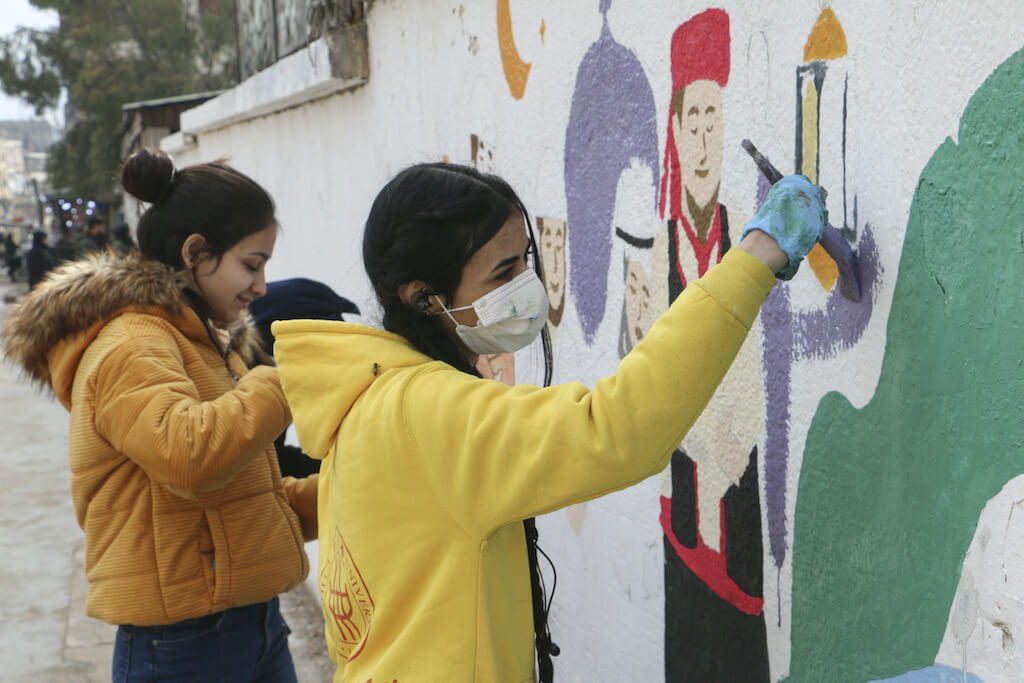
What's new in preparations for 2019 elections?
The 2019 elections are too critical to be "left" to Turkey's domestic politics alone. We cannot expect European capitals, which blatantly developed an attitude against the April 16 referendum, and the Gulf States, which acted implicitly, to remain silent in these elections.
Share
The opposition's desire to create an agenda of snap elections is a futile attempt. The ruling Justice and Development Party (AK Party) has already commenced preparations for the 2019 elections and set an election schedule after President Recep Tayyip Erdoğan retook the helm of the party following the April 16 constitutional referendum. The party is moving toward elections with the renewal of its cadres and with effective practices. Renewal in the government and party organizations, as well as the call on some mayors to resign, are the parameters of the same process. Erdoğan is preparing his party for a difficult test. Given that the 2019 elections are the first elections toward the presidential system, they will create a new politics. Both the understanding of government will change and the profiles of deputies, parties and leaders will be reshaped.
The 2019 elections are too critical to be "left" to Turkey's domestic politics alone. We cannot expect European capitals, which blatantly developed an attitude against the April 16 referendum, and the Gulf States, which acted implicitly, to remain silent in these elections. Let us look at the fronts of domestic politics in today's column.
Republican People's Party (CHP) leader Kemal Kılıçdaroğlu has lost the momentum he gained through the "justice march." He is trying to adapt to the election dynamism that has started earlier. Although it is easy to search for mayoral candidates, still the most important issue is how he will go to the presidential elections. Will he present a joint presidential candidate as in the 2014 elections or adopt natural reconciliation in the second round? Clarification of this subject will take time and will be painful.
Former Nationalist Movement Party (MHP) Deputy Meral Akşener has founded a new party that aroused curiosity for a while. Although it is a splinter party consisting of mainly those who seceded from the MHP, it aims to address other segments of central politics too. It has a challenging attitude like ensuring that former politicians of different tendencies form a holistic party.
Akşener personally intends to confront Erdoğan as a candidate in the second round of the 2019 presidential elections.
I think her establishing a party has undermined the possibility of her being a "joint candidate." It is not easy to present the chair of the fifth political party in Parliament as a "supra-party candidate." If Kılıçdaroğlu runs as a candidate, it is impossible for Akşener to come in second in the elections.
The last possibility is that the CHP might present an unassertive candidate to clandestinely support Akşener. And since it is difficult for the chair of a party that was dissociated from the MHP to say anything "good" enough about the Kurdish question, it is somewhat challenging to persuade the Peoples' Democratic Party (HDP) voters.
In light of these assessments, I think Akşener's political role cannot go beyond being a part of the "grand coalition" that they might want to establish against Erdoğan. The last part of the grand coalition could be a team of resentful politicians severed from the AK Party.
Kılıçdaroğlu might undertake such a coalition again. Finding a presidential candidate to address all parts of the coalition is like pulling a rabbit out of a hat. Unlike in 2014, this time the president will be elected according to the "presidential system." Another difficult decision is whether this coalition will present a "joint candidate" in the first round or the second round.
Erdoğan has a huge advantage in the 2019 elections. I do not mean he will lead to the elections only as a ruling president. He has a not-much-stressed opportunity now: Criticisms of "one-man rule" and "personalization" of power have lost their meaning with the July 15 coup attempt and the following systemic change. As can be remembered, the assertion of "one-man rule" and his "personalization" of power was the most efficient argument against Erdoğan during the 2014 presidential system and the April 16 referendum.
The fact that the presidential candidates, rather than parties, will compete in the 2019 elections, has personalized the issue in structural terms. There are also outer fronts (the U.S., Europe and the Gulf states) of the elections, which will not be left to Turkey alone. Let us discuss them in another article.
[Daily Sabah, 8 November 2017]
Tags »
Related Articles







